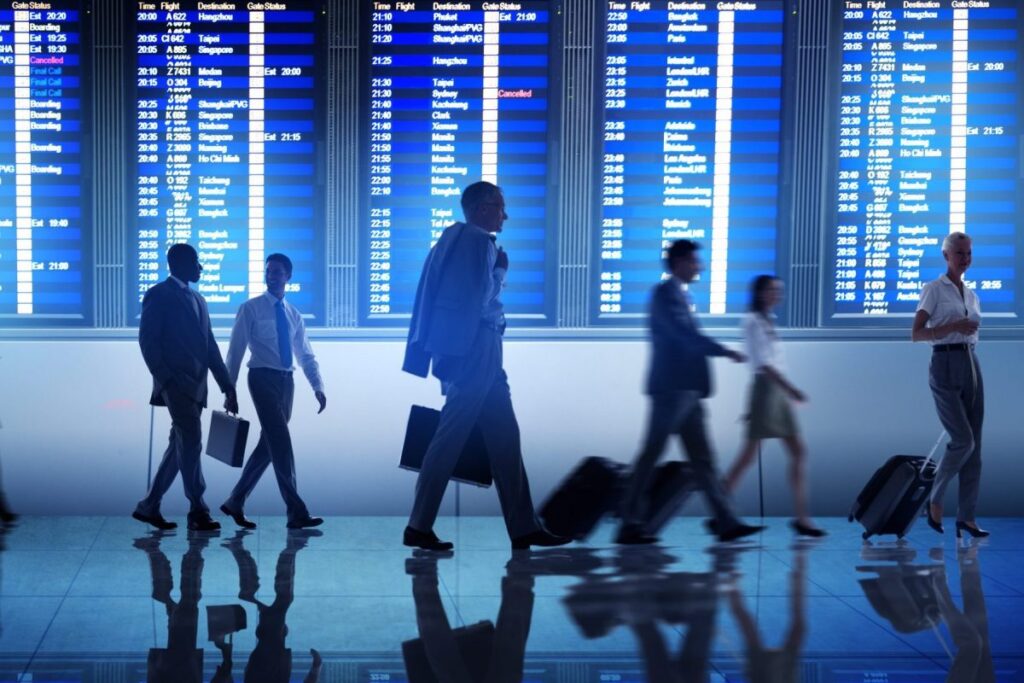skift take
— Peden Doma Bhutia
Incentive travel is making a comeback, according to FCM Meetings & Events India. The corporate travel company noted a 30% year-over-year increase in travel requests in the first quarter.
These are also known as employee incentive programs and are large in India. High-performing employees can move to new destinations, and companies have a way to grow their teams and motivate junior and mid-career employees. It's a business, but a perk nonetheless.
Manpreet Bindra, FCM Meetings & Events Leader for Asia, said both employers and employees prefer incentive travel over vouchers or cash.
“The Indian business travel market has surpassed pre-pandemic levels and we expect this segment to continue to grow,” Bindra told Skift.
Travel expenses in India
The Global Business Travel Association predicts that business travel spending in India will grow by 18% in 2024 to reach $38 billion. It also expects a full recovery to pre-2019 spending levels by 2025.
India is the world's ninth largest market for business travel spending and the fourth largest market in Asia Pacific, accounting for 5.7% of business travel spending.
The global incentive travel market is expected to reach $217 billion by 2031, according to a report by Allied Market Research.
Growth rates are expected to be highest in the Asia-Pacific region during this period.
At a recent roadshow in India, South African Tourism spoke about how Indian companies are among the biggest contributors to incentive tourism in the country.
South African Tourism has launched the third edition of the Indian corporate think tank's Incentive Travel Initiative.
Almost half of the people arriving in India from South Africa were for meetings, incentives, conferences and exhibitions. About a quarter of MICE arrivals were for incentive travel.
When should I book and where should I go?
FCM has managed large corporate incentive travel for Indian startups in popular destinations like Thailand and Indonesia as well as emerging countries like Vietnam.
“Companies are looking at destinations that have both hotel and airline seating capacity, as well as ease of visa processing for incentive travel,” Bindra said. “The most popular destinations in Asia are Bangkok and Pattaya, Singapore, Ho Chi Minh City, Kuala Lumpur and Colombo, but Hong Kong and Macau are also starting to gain traction again due to increased airline seat capacity and tourism marketing efforts.”
FCM Consulting said in its November trends report that one of the biggest obstacles to business travel recovery is airlines' lack of capacity and competitiveness.
Bindra also highlighted the benefits of a wider booking window. “If companies could confirm group movements six months in advance of travel, they could save more than 20% on airfare,” he said.
FCM also advises customers to book group travel nine months in advance. Bindra pointed out that full-cost carriers would then be able to charge about the same fares as low-cost carriers.
The global average price of airline tickets booked for business purposes has increased significantly since COVID-19.
In February, FCM noted that economy fares from Mumbai to London had increased by 25%, while business class fares on the same route had increased by 13%.
Photo credit: Incentive travel for Indian companies increased in Q1 2024.


